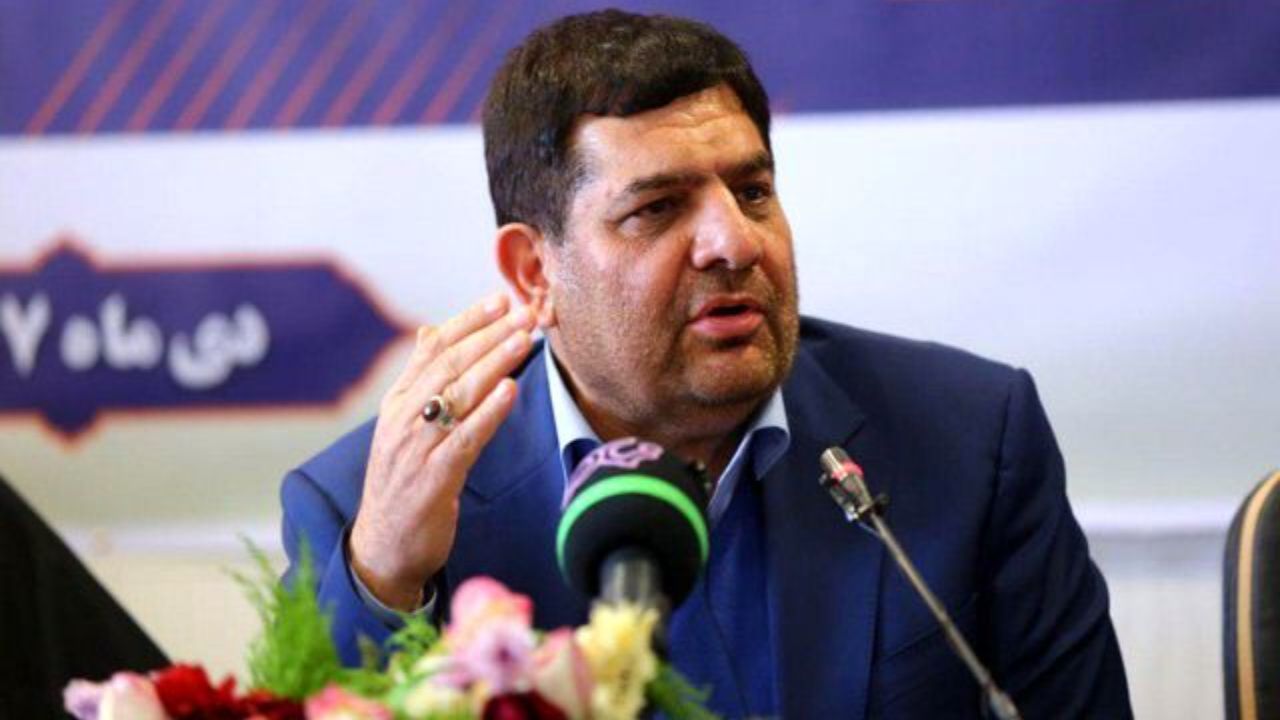He will be the interim president of Iran: Who is Mohammad Mokhber?
Following the death of Iranian President Ebrahim Raisi in a helicopter crash, the interim president of Iran will be Mohammad Mokhber, according to Article 131 of the Iranian Constitution. Elections for a new president must be held within 50 days.

Article 131 of the Iranian Constitution explains the procedure to be followed in the event of the death of the president:
“In case of the President's death, dismissal, resignation, absence, or illness lasting more than two months, the Vice President takes over the President's powers with the approval of the Guide. "A council consisting of the Speaker of the Parliament, the President of the Judicial Power, and the Vice President is obliged to ensure the election of a new President within 50 days at the latest."
According to this article, the Vice President of Iran will take over the presidency by proxy. Then, a council consisting of the Speaker of the Parliament, the President of the Judicial Power, and the Vice President will ensure the election of the new president within 50 days at the latest.
Born on September 1, 1955, Mokhber is a name close to Iran's religious leader Ayatollah Ali Khamenei, who, like his Chief, has the final say in all state matters. The informant became the 1st Vice President when Reisi was elected president in 2021, and he still holds this duty.
Mohammad Mokhber (born 26 June 1955) is an Iranian politician who is serving as the acting president of Iran, and the current and seventh vice president of Iran. He is also a member of the Expediency Discernment Council. He was former head of the Execution of Imam Khomeini's Order (EIKO), the chairman of board at Sina Bank and deputy governor of Khuzestan Province. He was born in Dezful, Iran.
The informant, along with the Speaker of the House and the Chief of the Judiciary, is part of the three-person council responsible for holding a new presidential election within 50 days of the president's death.
The informant is one of the Iranian officials who visited the Russian capital Moscow in October and agreed to send more drones to the Russian army. The team visiting Russia also included two senior officials from the Iranian Revolutionary Guard and an official from the Supreme National Security Council.
The informant was previously the chairman of Setad, an investment fund affiliated with Iran's supreme leader Khamenei. In 2010, the European Union (EU) included Informant in its list of sanctioned individuals and organizations for alleged involvement in “nuclear or ballistic missile activities.” The informant was removed from this list 2 years later.
In 2013, the US Treasury Department added Setad and the 37 companies it managed to its list of sanctioned entities.
Setad Ejraiye Farmane Hazrate Emam, or simply Setad, is a very influential organization in Iran. Its full name is “Center for Execution of Emam's Order” and it was established in 1989 by the order of Ayatollah Ruhollah Khomeini, the founder of the Islamic Republic.
Setad's main task is to manage properties that were abandoned or abandoned after the 1979 Islamic Revolution and to direct the proceeds from the sale of these properties to charitable causes.
Over time, Setad became an important player in the Iranian economy and began operating as a large investment fund. Setad's assets span a wide range of assets, including real estate, companies, and other investments. Setad attracts attention internationally due to both its financial resources and strategic importance.
